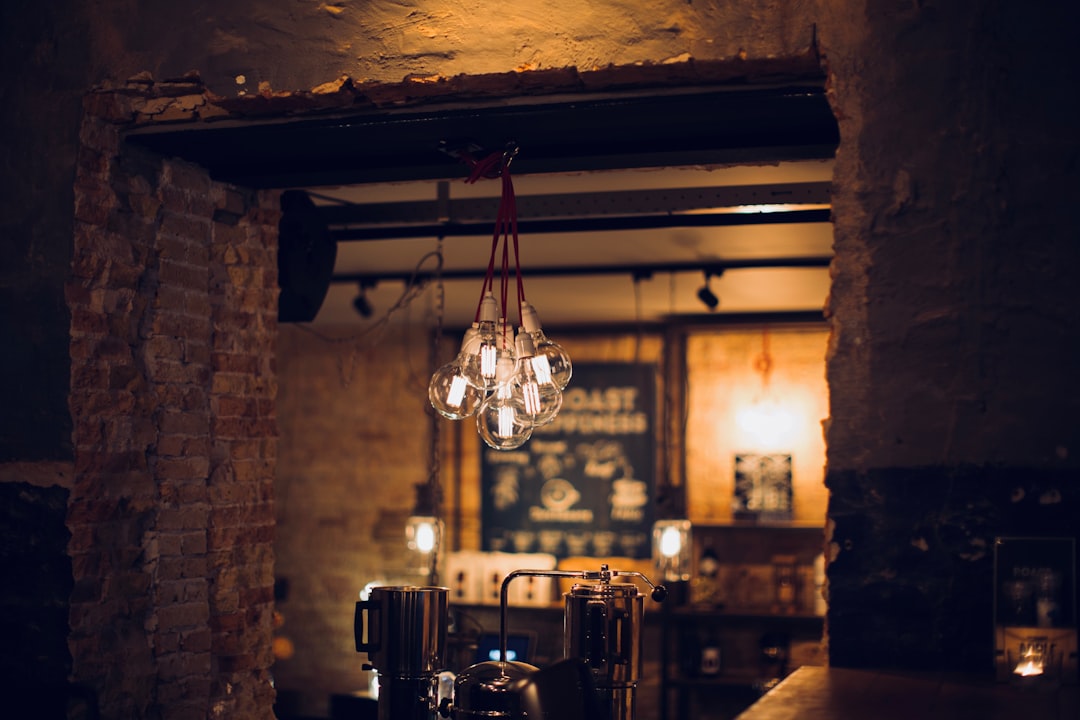Njandu roast
Famed for its delectable aromas and smoldering flavors, Njandu roast is an utter culinary masterpiece hailing from the Indian shores. This exquisite dish is prepared in many households across the country, with each region imparting their own unique twist to the recipe.
Njandu is a sea crab of sorts, which lends its succulent flesh as the prime ingredient for this particular delicacy. The preparation process begins by sautéing whole pieces of the crab in a robust medley of spices and herbs. Authentic recipes typically call for a combination of turmeric, ginger, chili powder, and coriander, while other regional variants introduce various other ingredients into the mix. Once the crab is adequately seared, it's time to turn up the heat and roast it to perfection.
It's no secret that Njandu roast is finger-licking good, but the dish has a few more unassuming benefits that makes it all the more captivating. Firstly, the herbaceous gravy created by slow cooking the crab helps to retain the natural sweetness of the crustacean, creating a delightful amalgamation of flavors. Secondly, the complex flavor profile from the spices and herbs is an absolute treat for the palate; these components lend smokiness, slight sharpness, and a hint of sweetness as well. Lastly, the dish contains a fair amount of protein and iron, making it an excellent source of nutrition.
Although Njandu roast is a classic favorite for many households, the creation of this dish requires a bit of finesse and patience. The cooking process can be quite lengthy, and it's best to cook the crab over low heat to ensure the flavors and sweetness are kept intact during the grilling process. The result? A delectable dish that will keep your taste buds dancing long after the meal is over.
Njandu roast recipes
Amazing Njandu roast recipes sourced from the web.
The origin of Njandu roast
Njandu Roast is a traditional culinary delicacy that originated in the South Indian coastal states of Kerala, Karnataka and Tamil Nadu. Typically prepared with tenderly cooked crab meat and freshly ground spices, it has been a favorite for many generations.
The origins of Njandu Roast can be traced back to the ancient fishing villages located along the western coastline of India. Fishermen would enjoy their catch after days of toiling out at sea, often cooking up large quantities of crab meat to feed their entire family. To elevate the flavors of their dish, they would add freshly ground spices, including pepper, coriander and turmeric.
This seafood delicacy has undergone several evolutionary changes over the years. Today, most recipes include the addition of coconut milk which offers a distinctively sweet, nutty flavor and helps balance out the spices. The whole dish is then slow-cooked for several hours to ensure that all of the flavors have time to meld together.
In recent decades, Njandu Roast has become increasingly popular outside its original region, thanks to its unique combination of flavors and textures. Now, it can be found on menus across the country with each chef adding their own creative spin to the dish.
No matter what tweaks have occurred over time, Njandu Roast still retains its position as a cherished classic. It remains a quintessential part of South Indian cuisine, sure to bring comfort and joy to the mouths of diners around the country.
Types of Njandu roast
Ah, Njandu roast - a beloved dish of seafood lovers around the world. With its satisfyingly spicy taste and succulent texture, this delightful dish has rightfully earned its place among the culinary pantheon. And while you may be familiar with the traditional preparation style, there are actually numerous variations that can be enjoyed. Here's a guide to the various types of Njandu roasts - so start your ovens and let's get cooking!
First off, there's the classic Njandu roast. For this, you'll need to hunt for some juicy njandu (a type of large freshwater prawn) and then marinate them in a mix of ginger-garlic paste, turmeric, chilli powder, and other spices. After seasoning the shrimps evenly, you can go ahead and bake them until golden brown, or shallow-fry them on a hot skillet. Whichever way you choose, the end result is guaranteed to be delicious.
Next up is the Njandu Tawa Fry. This common variation of the classic Njandu roast requires a bit more effort, but the resulting flavor truly makes it worth it. For the Tawa Fry, you'll need to prepare a masala of fresh ground ingredients such as cumin and coriander, as well as tamarind paste, turmeric, and other spices. After adding this mixture to your prawns, you'll then fry them on a tawa (a flat, concave, Indian griddle) until they get a nice, crispy coating. The result is a meal that's sure to tantalize your taste buds.
For those looking to enjoy Njandu roast without all the fuss, there's the Njandu Masala Roast. As the name implies, this variation involves the addition of a masala-based marinade. You'll need to assemble a blend of spices like garam masala, coriander, cumin, turmeric, and other seasonings. Once you've mixed them together, simply rub them onto your prawns and bake or fry to perfection.
Finally, if you're looking to spice up your Njandu roast, why not try the Njandu Pepper Fry? This sizzling version will require a bit of extra effort, but the fiery end product will be well worth it. Start with a marinade of crushed pepper, garlic, ginger, coriander, chilli powder, and other spices. Then, use this mixture to coat the prawns and fry them on a hot skillet until the exterior turns rich and crispy. The result is a delectable meal that packs a serious punch.
At the end of the day, it's clear that Njandu roast is a versatile and flavorful dish that everyone should give a try. So next time you're looking for something unique yet delicious, turn to these various types of Njandu roast - your taste buds will thank you!



